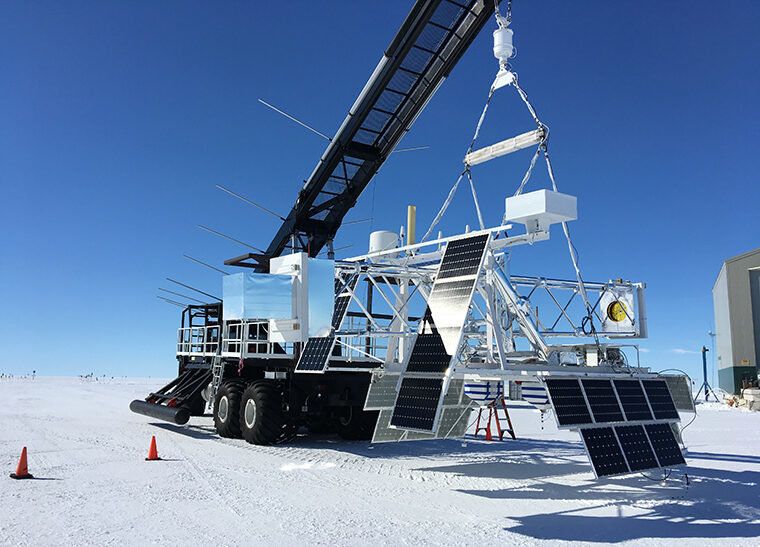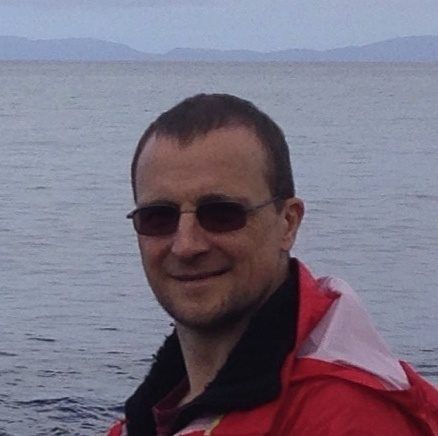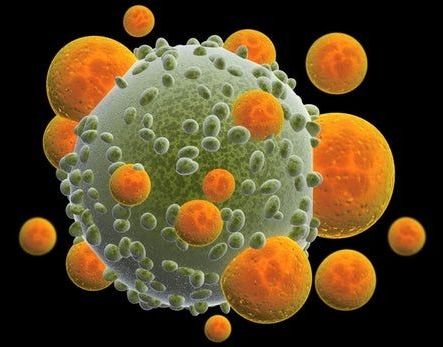What shape is an electron? The answer, believe it or not, has implications for our understanding of the entire universe, and could reveal whether there are mysterious particles still to be discovered.





By how much you know. Expand your knowledge and you will transform your mind. ~ Dr. Bruce Lipton.

Scientists at the University of Washington (UW) may have found an unexpected way to tackle persistent indoor air pollution: a common houseplant modified with rabbit DNA.
Researchers wanted to find a way to remove the toxic compounds chloroform and benzene from the home, a UW press release explained. Chloroform enters the air through chlorinated water and benzene comes from gasoline and enters the home through showers, the boiling of hot water and fumes from cars or other vehicles stored in garages attached to the home. Both have been linked to cancer, but not much has been done to try and remove them. Until now.
“People haven’t really been talking about these hazardous organic compounds in homes, and I think that’s because we couldn’t do anything about them,” senior study author and UW civil and environmental engineering department research professor Stuart Strand said in the release. “Now we’ve engineered houseplants to remove these pollutants for us.”

“Mikhail first approached me nearly 15 years ago with the totally crazy idea that replacing hydrogen with deuterium in bioactive molecules so as to slow down undesirable chemical reactions. Well, if ever there were a proof that some of the craziest ideas are actually right, it is this one. In the years since, Misha and his company Retrotope have taken this concept from chemistry to yeast to mice and all the way to highly promising clinical results for several hitherto untreatable orphan diseases. I’m looking forward to hearing the latest!” says Aubrey de Grey.
https://www.undoing-aging.org/news/dr-mikhail-s-shchepinov-t…aging-2019

Environmental cues can trigger powerful memories of substance use. What happens when those memories are disrupted?
01.02.19 5:19 AM ET


The U.K.’s Telegraph reports that the new treatment, devised by researchers at the Francis Crick Institute in London, uses implanted immune system cells from strangers to fight tumors, instead of old-school cancer treatments like chemotherapy — a new tack in oncology that the researchers say could boost cancer ten-year cancer survival rates from 50 percent to 75 percent.
Immune System
The scientists behind the project explained it as a “do-it-yourself” approach to cancer treatment in interviews with the Telegraph. Instead of relying on chemicals or radiation outside the body to fight tumors, the transplants aim to help the bodies of cancer patients fight the tumors on their own.

An exciting new study, led by a team of Australian researchers, has uncovered how the immune system can keep cancer cells in a dormant state. It’s hoped the breakthrough insight will offer new pathways for research into immunotherapy techniques that can essentially stop a tumor’s growth for an indefinite period of time.